Bengal71
SENIOR MEMBER

- Joined
- Sep 21, 2018
- Messages
- 4,522
- Reaction score
- -11
- Country
- Location
By Benny Boy and the juice...Could you tell us,by who!
Follow along with the video below to see how to install our site as a web app on your home screen.
Note: This feature may not be available in some browsers.

By Benny Boy and the juice...Could you tell us,by who!

in that case please unban me from IRIAF and IRIN threads lol.Hahahaha. Please feel encouraged to talk to me like a friend or brother.



Nice tactic, turkish flattery is bestin that case please unban me from IRIAF and IRIN threads lol.
The ban really serves no purpose other than forcing me to post the same information in improper threads

how long US stayed in Afghanistan (with support from ENTIRE NATO, including Muslim Turkey that backstabbed Muslim Afghanistan by joining NATO's illegal invasion of Afghanistan) doesnt matter, what US achieved in Afghanistan after 20 years of blood sweat lives and money matters, and US didnt achieve much, even US generals admit that now.They stayed there 20 years before pulling out, if you're content with getting invaded for 20 years then your logic makes perfect sense.
Why do you Turkish people on PDF start attacking my identity after i attack your useless points? its a pattern i notice and its pretty pathetic, but it confirms my points are good, so thank you.

1. If you're talking about Iranian air defenses from 1995 - 2010, maybe,but,US would wipe the floor with garbage Iranian air defenses lmao

Only idiots like you think Hamas beat someone1. If you're talking about Iranian air defenses from 1995 - 2010, maybe,but,
2. Not today.
3. In a hypothetical scenario where US is able to penetrate and execute operations in relevant and deeep Iranian airspace, this is possible.
4. Today's reality suggests the opposite is more likely- US generally keeps its military aircrafts away from Iranian borders, because several UAVs+ aircraft flying too close to Iran got shot out over the past several years. You weak azz IDF sorry IAF that cant even defeat Hamas gave Iran more than enough time to develop complex, solid, mobile, potent, air defense systems it could manufacture a ton of and deploy all over the country, within a networked system of air defense systems and equipments. There are holes in Iranian defenses most likely, Iran is huge and national air defense coverage is a tough art and feat for a large country, but the chance today of aircraft from Israel and US spending good time in Iranian airspace without detected is low, but there is some chance, but its looow. US and Israel would have to first do a campaign to target and destroy air defense systems in Iran before its air craft will be able to fly freely in Iranian airspace, but their airforces are too tired, too broke, too low on ammunition and too low on motivation - paper tigers. Hamas beat Israel twice and US military is unable to execute large public deployment of troops anywhere.

Only idiots like you think Hamas beat someonewe can wipe out everyone in Gaza in 2 hours conventionally. We wait to use this ability for Lebanon, no need for sanctions right now.
And only idiots like you think Iran will survive, F-35s alone would destroy all of your air defenses in 3 hours. Your poor *** 3rd rate technology country will have no chance lol


It will get nuked before ever getting a nukeIf Iran wishes it can have more nuclear weapons than Pakistan and India (self-sufficiency)
Even today Russia is offering Iran nuclear weapons
Go ask your papa how much was the heat of nazi ovens certainly the heat of nuclear weapons are several several times more
Only one missiles is enough to wipe off Zionist rats
Russia has the S500 and S400 and that didn't help their submarine from getting blown up by a cruise missileThe zionist rat isn't necessarily wrong behind his obnoxiousness. Unless Iran has S500 equivalent they will be overwhelmed with a massive missile strike wave and fleets of incursions. You have to ask yourself what Anglosaxons are prepared to do and they're paranoid about losing. They'll move to their unmanned aircraft within 10 years.

These are American internal squabbles that independent observers are not in the position to resolve. What can I do about this issue? My observation is that American simulation(s) are known to cast a grim picture for Blue Team in a specified operational scenario but this is not reality.There is an article adapted from that book, which answers the question.
https://warontherocks.com/2015/11/m...a-corrupted-military-exercise-and-its-legacy/
In it, we read:
In other terms, if the team representing American forces came out on top it was because the outcome had been scripted.
You expect from Iran to confirm this incident? Come on now. This incident does not fit into the Iran Stronk image cultivated by Iranian establishment for domestic consumption.USA regime claim, not corroborated. Also doesn't prove lack of Iranian motivation, competence and skill in conduct of war.
Source is trustworthy for independent observers. Iranians will deny of-course.Propaganda based on fake news.
Your air defense system could not distinguish a passenger aircraft from a jet fighter? This is the point.As opposed to the US Navy admiral who ordered the downing of an Iranian passenger plane - for that person ended up being decorated instead.
https://www.washingtonpost.com/arch...-medals/cf383f02-05ce-435b-9086-5d61de569ed8/
https://www.nytimes.com/2020/01/08/opinion/us-iran-soleimani.html
Again a unilateral face-saving claim by the USA military with no evidence offered to substantiate it.
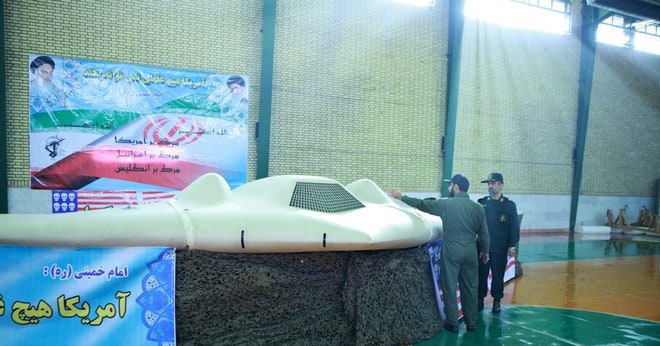
From Iranian standpoint but claims are not proof.The SM-6 SAM, associated radars and supporting systems have been taken into account by Iran.
This:The question however was not how a specialized institution would assess Iranian missile power, but rather what Washington's PR strategy for broader audiences looks like.
And here, we had an administration official, the aforementioned Brian Hook clearly attempting to downplay the capability of Iranian missiles the very same year as the DIA report was published.
https://sputnikglobe.com/20190608/brian-hook-iran-deception-1075734330.html
Thence, the USA has not been hyping the strength of Iranian military forces.
See above.Given that Ritter is a dissident ex-officer who fell out with the USA establishment, this by definition is not a case of the USA regime overstating an adversary's power.
As for his explanations, they seem realistic to me.
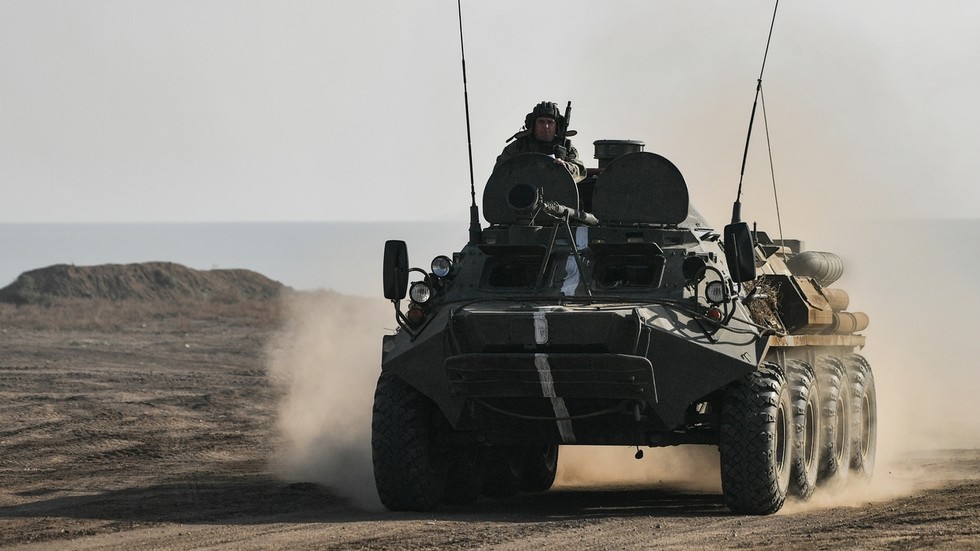

Vietnam is the only region where American leaders did not take advantage of achievements of US forces such as President Johnson did not take advantage of American military victory in Operation Apache Snow in 1969 and his successor President Nixon did not take advantage of American military victory in Operation Linebacker II in 1972. US was in the position to conclude this war on its terms by continuing Operation Linebacker but President Nixon chose to withdraw US forces from Vietnam instead. This was a political debacle.The USA was defeated in various battles and wars as well.
Your side has quiet a threshold for tolerance - like mine.Iran didn't go beyond the missile strike because the martyrdom of a general, be it a legendary one like shahid Soleimani, wouldn't suffice to generate a strategic setback to Iran's regional position. Had the USA taken a measure conducive to actually threatening Iran's position in a serious way, then Iranian retaliation could have been expected to be heavier, in accordance with and proportional to the hypothetical reversal suffered.

Be it may, this man is not trustworthy. I have pointed out a number of issues in his positions - up to you now....if Ritter was speaking on behalf of the USA regime. He is not, in fact the opposite holds true.
There is no need to attack every building and individual out there. The idea is to cripple command and communication systems of the enemy to take away its capacity to fight a war as a cohesive force - US understands this game well enough. The opposing forces are exposed and easier to defeat consequently. Infrastructure is attacked in phases subject to importance and relevance.Air defences weren't the only types of sites bombed by the USA and allies. In fact Iraq's infrastructure was struck in general, not limited to military sites.
In both areas Iran is more developed than Iraq used to be, with several times the amount of facilities and equipments.
At this stage numbers come into play and in a country the size of Iran, with the industrial and human development levels attained by Iran, said numbers are staggering.
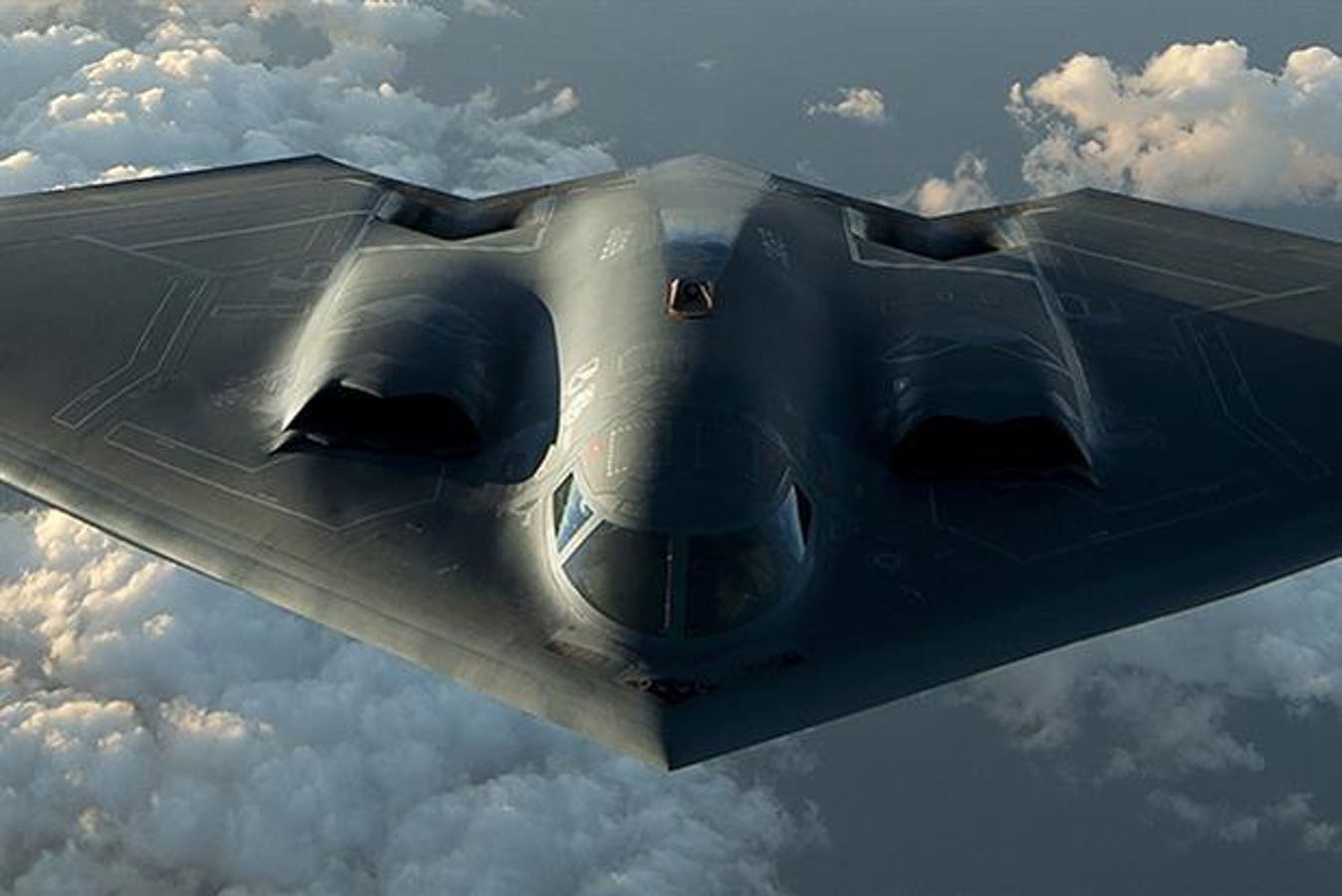
 www.forbes.com
www.forbes.com
Take a look at Iraqi command centers and arrangements in 1991:From the quoted RAND report:
The exact opposite to Iran's approach, which stresses autonomy of AD units. Among other things Iran developed and mass produced sophisticated 'all in one' mobile SAM systems such as the Third Khordad, which brought down the USA's latest generation RQ-4A Global Hawk BAMS-D surveillance drone over the Persian Gulf in 2019.
https://english.iswnews.com/27840/military-knowledge-sevom-khordad-air-defense-system/
Indeed Iran has been studying past wars waged by the Americans in minute detail, and drawn the right conclusions.

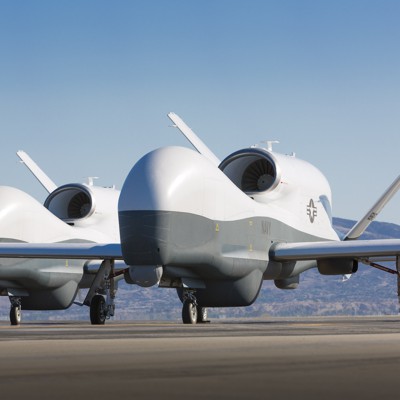

This is correct - I accept what is correct. But Assad regime is opposed to all manner of American and Israeli activity on Syrian soil and Russia did not welcome attacks on Syrian military bases and units either.Russia has had a tacit understanding with the zionists and the USA to tolerate their attacks on Syrian forces - as long as these attacks would stop short of threatening the stability of the Syrian government and give armed opposition groups the upperhand. So long as this condition is respected, it makes no sense for Moscow to escalate.
See above.Those S-300 and S-400 batteries destroyed in Ukraine were essentially hit by ground-based artillery rather than fighter jets. In an intensive ground war, literally any SAM battery could be suppressed in such a way, no matter its origin or specifications. The long-range and high-altitude S-300 / S-400 aren't designed to intercept artillery rockets.
This is correct - I accept what is correct.Has been the case since 2003 and the illegal USA invasion. Iran however turned the threat stemming from American military occupation of a next door neighbour into an opportunity by successfully managing to entertain close relations with scores of political actors across Iraq, as well as with an entire corps of the Iraqi military, the Popular Mobilization Units (PMU) which is armed by Iran and whose commanders are ideologically aligned with the Islamic Revolution.
Continuous attempts by Washington to disrupt this relationship have failed.
That I can see, but Iranian footprint in Syria has motivated Israel to attack Iranian supplies, troops, Hezbollah, and assets of Assad regime across Syria since 2017 - a new chapter of violence in the country. Israel continues to control Golan Heights and have changed its demographics as well. The forces stationed near Golan Heights provide bragging rights to Iranian clerics but cannot change the statusquo - not that I approve of Israeli occupation of Golan Heights, just pointing out the obvious. Golan Heights were lost to Israel in war in 1967 - ironic. More war = more problems for Syria.Iran continues to use Syria as a transit route towards her allies in Lebanon.
The western and zionist attempt to remove the Iranian-allied government of Damascus through war was defeated.
Iran now enjoys direct military presence in Syria, which was not the case prior to the war. What's more, Iran has moved in allied paramilitary forces from Iraq, Afghanistan, Pakistan and has also built similar units recruited from local Syrian communities. Many of these are stationed along the boundary with Occupied Golan, offering Iran yet another instrument of deterrence against the zionist regime.

And Hezbollah has fixed Lebanese more pressing issues?Iran's ally, HezbAllah, maintains its standing in the Lebanese political landscape, having overcome several western-backed plots aimed at sidelining the party, disarming it etc. Better yet, HezbAllah's military capabilities haven't ceased expanding since it successfully kicked out zionist aggressors in the 2006 war.

 www.middleeasteye.net
www.middleeasteye.net

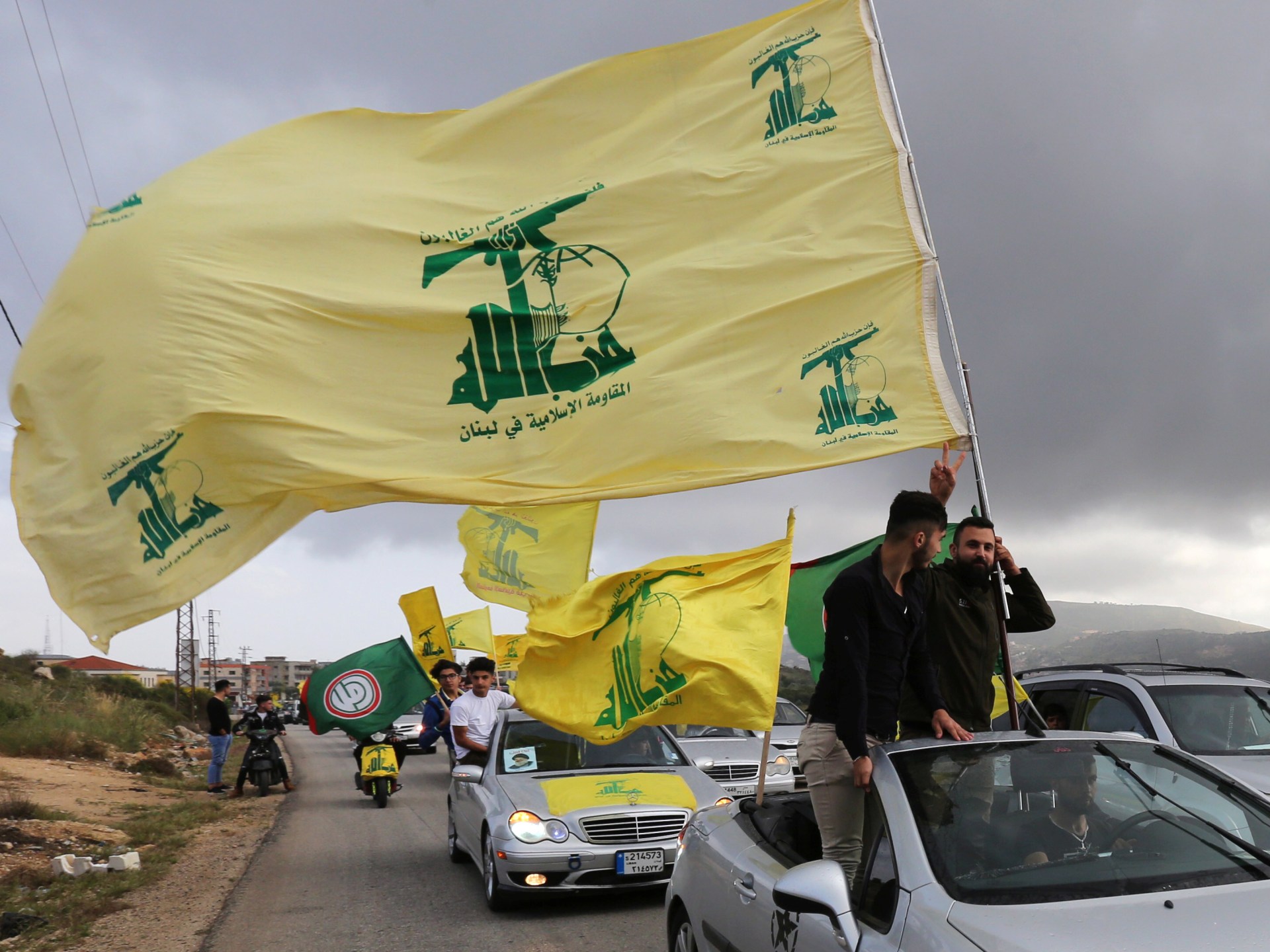

Attempts to wipe out Israel have only added to misery of Palestinians. UN settled this issue in a reasonable way in 1948:The Palestinian people have adamantly been resisting occupation and struggling for their rights for nearly three quarters of a century, against all odds. As long as they're here, they will continue to resist and Iran will continue to make sure that their ability to retaliate does not deteriorate but improves steadily as in the past.

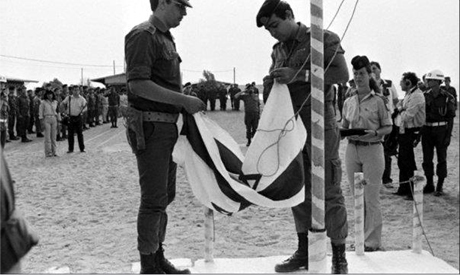



Iran has oil, which is still in demand around the world. This will change in the coming years.Sanctions did not prevent Iran from progressing on all relevant fronts.
Plus, as emerging powers boost their bilateral ties and secure an ever increasing share of the global economy, the relevance of USA- and EU-imposed sanctions is beginning to dwindle by the day.
I have covered Syrian chapter above - do not feel the need to repeat myself.I do not know of many governments and nations cherishing and commemorating martyrs amongst their own but also among their allies' ranks as fervently as Iran does.
The zionists want Iranian forces and pro-Iranian movements out of Syria. They sought to severe the geographic contiguity of the Resistance Axis via toppling of President Assad's government, instead they have to cope with Iranian-led forces stationed directly along their northeastern boundary.
The air strikes they launch are merely the least bad option they can fall back on. However these attacks do not affect the status quo with regards to the Resistance Axis. Namely, they fail to dislodge entrenched pro-Iranian paramilitary units from Syrian territory; and, they also fail to halt the modernization of HezbAllah's weaponry in Lebanon.
Much is made in western- and zionist-dominated media about strikes on alleged Iranian shipments of advanced armament to HezbAllah, however truth is that they have kept upgrading their inventory since 2017. Video clips released by the party's military wing furnish a glimpse into this reality.
Well.So has HezbAllah's military capability, as acknowledged by zionist sources themselves.
As for whether Iran will succeed in its confrontation with the zionist entity, decades before their downfall most observers did not predict the collapse of the USSR nor that of the apartheid regime in South Africa either. Keeping alive Resistance to zionist aggression is key, and this is precisely what Iran is accomplishing.
Iranian method is to use proxies to do its bidding, this helps in terms of maintaining plausible deniability.Iran does not initiate inter-state conflicts. It would be completely inconsistent with the Iranian modus operandi.
Yes, Sir.I have to repeat this periodically in discussions here, but tag me when they actually take those types of measures rather than emitting hot air.
Right.The issue arose as a consequence of the Aliyev regime threatening to change international borders to the north of Iran through force, namely by annexing parts of the Syunik province in Armenia proper, which would amount to an illegal act of aggression. This is what Iran defined as her red line.
Iran would be highly unwise not to step in to prevent such a dangerous move, which other than constituting a gross violation of fundamental principles of international law, would also heighten the threat posed to Iran's territorial integrity by a regime in cahoots with Tel Aviv.
Absent such a provocation by Baku however, Iran will not engage in any battles there. As usual, Iran is proceeding in a level-headed, calculated and sound manner.
Here:This is all based on official statements from Tel Aviv - not the kind of source to be taken at face value when it comes to alleged battlefield successes. No evidence has been shown to support the veracity of these claims.
Also Iran has long moved to transfer technology in lieu of finished products to her allies, whenever possible. Today HezbAllah, AnsarAllah, Hamas and Palestinian Islamic Jihad are far more self-sufficient than they ever used to be.
I do not see US even trying to oust Iran from Syria. All that firepower that was directed towards dismantling ISIL in the region, could be directed towards Iranian assets in Syria otherwise.For Washington the whole point of extending consequential support to the anti-government insurgency in Syria was to try and disrupt the Iranian-led Axis of Resistance. USA policy in the region is largely bent on supporting zionist strategic goals, and expulsion of Iran from the Levant is a key aspect thereof.
This is echoed by long-standing American attempts to coerce Iran to the negotiating table about her regional system of alliance (formerly envisaged as a prospective JCPOA II or III). As well as by Pompeo's infamous twelve-point list of demands from Iran. It is thus a constantly pursued objective by successive USA administrations.
Iran not only safeguarding her close ties with Damascus but gaining a direct foothold in Syria as a result of the conflict is a strategic victory for Tehran, and a strategic defeat for its enemies i.e. the USA, EU and Isra"el".
The moral high ground?As opposed to the USA regime, the Islamic Republic does not launch wars.
In the event of an American aggression against Iran however, Iranian allies throughout the region are likely to target USA forces and American interests (which are not limited to troop deployments) in their respective geographic areas. This in turn will pose a challenge Washington can't solve through a limited air campaign. The PMU for instance are deeply intertwined with parts of the Iraqi political establishment and are rooted in a genuine, mainstream social basis. Furthermore they'll be enjoying steady streams of supplies and other state-level support from across the border with Iran.
It will be more akin to the post-invasion years rebellion in Iraq than to bombing rogue, clandestine elements such as "I"SIS or the Al-Nusra Front over some limited stretches of land.
Sure...I do not think so, and real life absence of military aggression against Iran goes to vindicate this conviction.
Sure, but Americans have developed technologies to defeat Russian and Chinese air defense systems, let alone Iranian.Iran is fielding an AD network more elaborate and advanced than both the Iraq of 1991 and the Yugoslavia of 1999, including in its anti-stealth components.
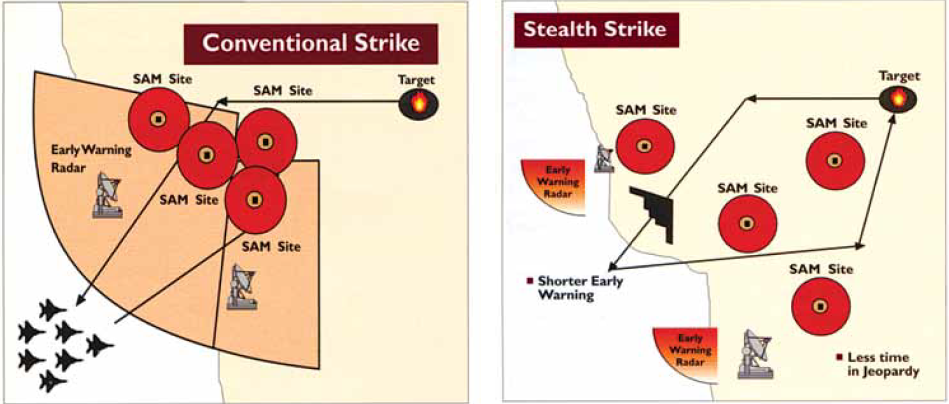
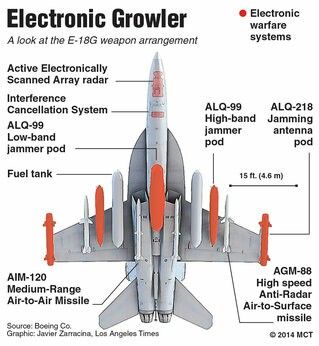
There is a limit to what Iran can learn and understand from a distance. American military secrets are not public knowledge or open book. For perspective, people are surprised to learn what SR-71 Blackbird is capable of after its information was declassified recently - a jet that was created in the 1960s. Imagine.Iran understands how the USA military operates, and how to maximize the survivability of her air defence shield.
In theory.I am not focusing primarily on numbers. The types of armaments developed by Iran, that is her missile (ballistic / cruise) as well as UAV forces are the weapons of choice for an asymmetric A2/AD strategy designed to deny the USA military a free hand in its air force-centric approach.
I requested you to provide statistics. Claims like Iranian arsenal is vast, huge, too much, is an excercise in exaggeration. Have you checked American ballistic missile arsenal? It happens to be large, very advanced, accurate, and reliable. Americans are far ahead of Iran in rocketry.The Iranian Missiles thread in this sub-section contains all the necessary, publicly released data about types and range of Iranian ballistic (and other) missiles.
It's safe to posit that in proportion to Iran'd size and resources, there is no equivalent anywhere to such a wide variety of ballistic missiles designed and developed over a relatively brief period of time (roughly three decades) - whether range, type of fuel, body materials, engine, flight characteristics, warhead, guidance, launch method etc is concerned.
Which shows that Iran has pretty much proven to be innovative in terms of defence doctrine. The function ascribed to conventional ballistic missiles by Iran, their importance within the overall strategy has no precedents. While other countries such as the Soviet Union or Iraq did use ballistic missiles with conventional warheads in a tactical role, and while they acquired relatively large quantities of these, their focus on said weapons as well as the share of their defence budgets dedicated to BM procurement didn't come remotely close to Iran.
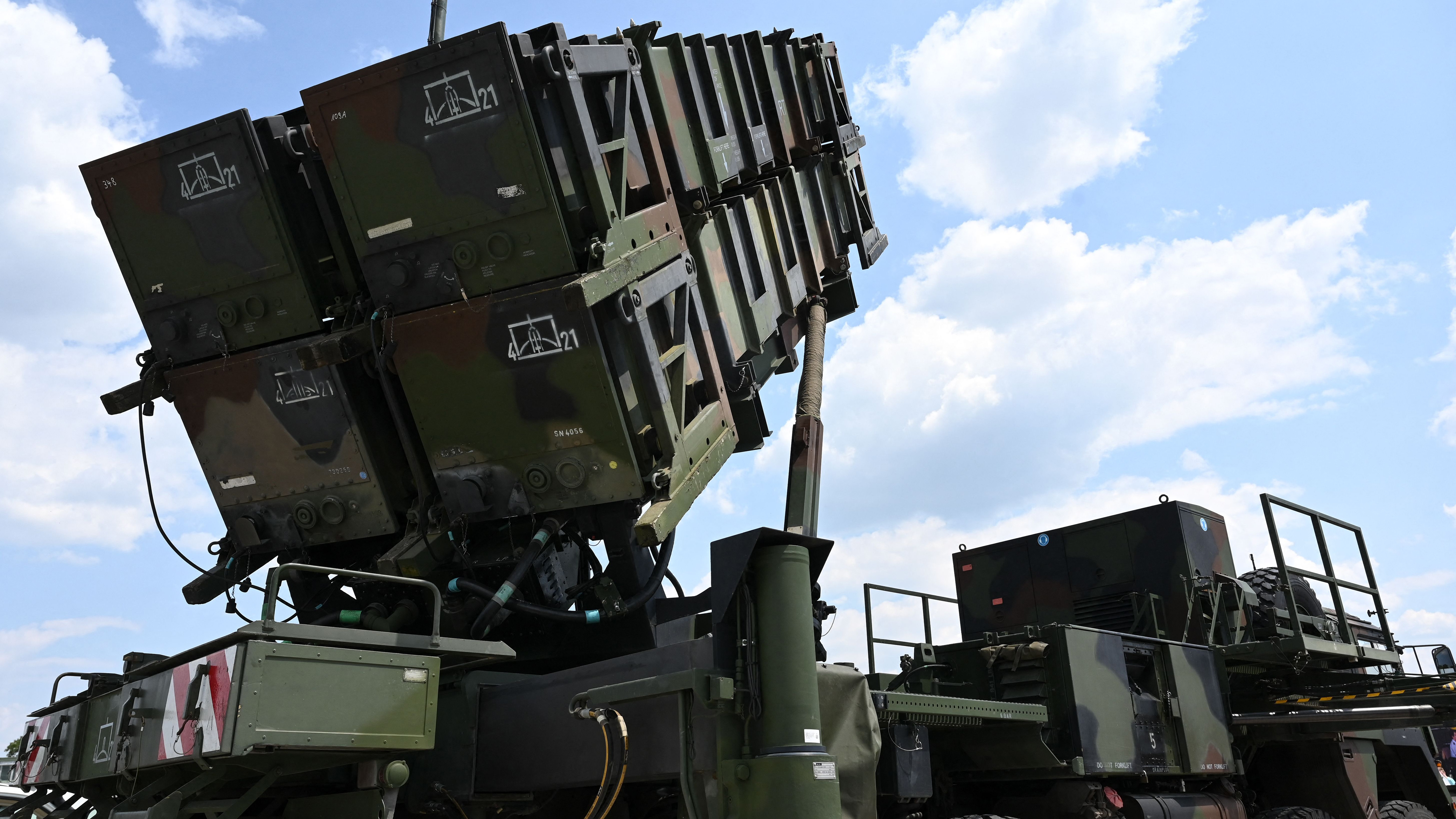
This argument can hold when up against another regional power but WE are talking about US here.When speaking of interception, numbers become relevant. Considering how stunningly affordable the estimated price tag is of mass-produced Iranian BM's, versus the cost of an ABM system and associated projectiles, Iran has the upper hand from an economic perspective even when factoring in the revenue and budget gap.
US will build its defenses in the Middle East and in Arabian Sea before taking its chances with Iran. This is common sense.Yes, known Iranian BM's have ranges of up to 4000 km. Also, if I remember correctly some sources speculate Iran might have discretely stationed mid-range missiles on Iraqi soil. Lastly Iran can attack USA troops in Syria via local allied forces.
If Iran attacks US forces in other countries, some might decide to support US and retaliate.This ability drives up the expectable cost and complexity of all out war against Iran.
Combat at operational and tactical level continues to change with technology.I'm referring to doctrinal fundamentals rather than incremental adjustements or iterations. The former are not as flexible nor as adaptable on an ad hoc basis.

It will be sensible to assume that Iranians can be innovative. Iran seems to have learned from its combat experiences and revisited its military capability and tactics to significant extent. Iran might have some surprises in store for an enemy and this is why I assume that Iranian forces can inflict losses on US forces in war but the contention is about "to what extent."Perhaps Iran did not invent an entirely new category of weapon, but everything else in the Iranian defence doctrine, namely the way in which key equipment would be used, is as original as it could get. Thinking outside the box has been an elementary guideline of Iranian planners, especially of the IRGC, spurred on by two important factors:
- One, the need to rely as much as possible on domestic research and manufacturing, given the enmity of the USA and subsequent obstacles in accessing global arms markets but more importantly, given the Islamic Revolution's ideological emphasis on self-sufficiency, often making original solutions inevitable.
- Two, the fact that Iran's main adversary is the USA regime. Attempts to protect Iran from hypothetical USA aggression in symmetric ways would have been suicidal, because of the existing resource gap.
I alluded to the originality of Iran's missile-centric concept. But the novelty in Iranian defensive power extends to other sectors as well. At this point a quick reminder might be in order that Iran actually pioneered modern unmanned aerial combat. Iranian forces experimented with the idea as early as during the 1980-1988 Sacred Defence (or Iran-Iraq war), when they flew the very first armed UAV missions. Rudimentary as the RPG-armed drone might have been, it serves as a reminder that since the Islamic Revolution of 1979, the Iranian military has focused on walking off the trodden path.
The USA never had to contend with the particular way of warfighting crafted by Iran.
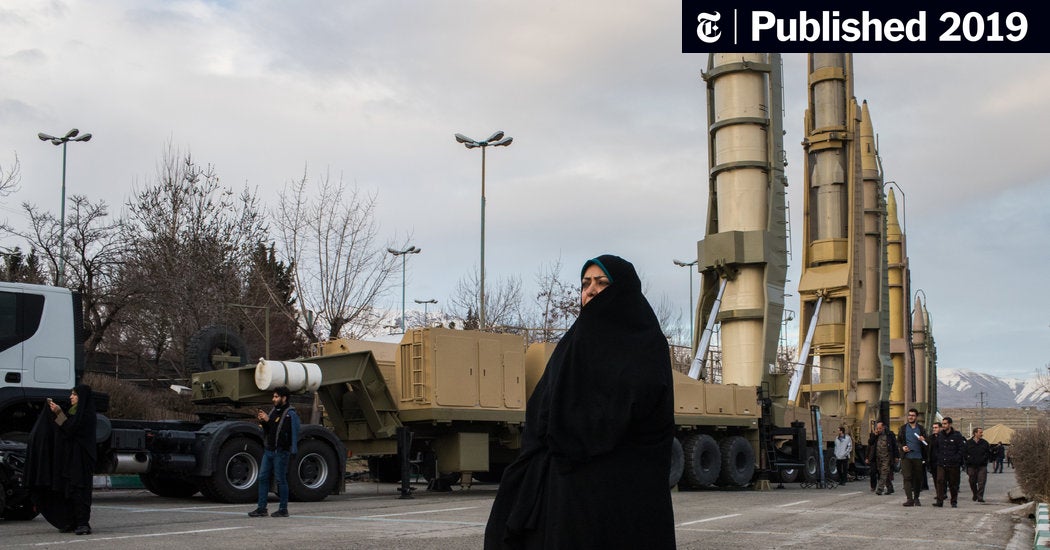
See above.Asymmetry is precisely there to compensante for a nominal power differential. That's the essence of the idea behind it. And Iran implemented the concept to perfection.
Iran would be a wholly different pair of shoes (as in: different in nature) compared to anything Washington has faced to date.
I pointed out the following fact to you:It's not Ritter imagining that scenario, he is citing a contingency plan authored by the Pentagon.
Its unrealistic take on Soviet capabilities at that time isn't an issue, since it's a purely theoretical exercice meant to be improbable.
The plan operates on the hypothesis of the USA Marine Corps acting alone, without assistance from Pakistan nor Afghan mojahedin. Given this, the intensive challenges identified (in no small part induced by geography) are instructive with respect to how an attempted invasion of Iran would play out.
Therefore an attack on Iran from Washington's own perspective would be anything but unnecessary. It's just that under prevalent conditions they don't think they can do it at an affordable political cost, that's all.
Americans continue to show soft corner for Iran:I never claimed the USA would launch an assault on Iran for the sake of contradicting naysayers.
But that whatever (illegitimate) reasons Washington had to attack Iraq and Libya, those same reasons also apply to Iran, and several times more so actually.

In my previous response, I pointed out why Reagan administration refused to attack Iran based on scholarly works and sources. What is the point to this debate if you do not pay attention to well-researched works?No, we do not desire war.
However we do not believe that if Washington refrained from attacking Iran to this day, it's simply by luck or accident of calendar. Nor do we share the notion that Iran wouldn't fare incomparably better than Iraq in this regard.

Sorry it hurt you that your vaunted Israeli military cannot defeat a low tier militia that Iran didnt even give its best to develop it.Only idiots like you think Hamas beat someone
so genocide? because you cant defeat them conventionally? LOL- youre butt hurt browe can wipe out everyone in Gaza in 2 hours conventionally.
i can understand that, because ISrael cannot win in Lebanon anymore, especially since 2006. YOur defense industry is for making profit, not winning wars- when was the last war Israel won actually?We wait to use this ability for Lebanon, no need for sanctions right now.
TIme and reality says otherwise- over 40 years of Iran getting stronger and expanding its military power and allies military power and you talk this rubbish?And only idiots like you think Iran will survive,
in what video game?F-35s alone would destroy all of your air defenses in 3 hours.
sure- 3rd world Afghanistan wiped NATO's butt after 20+ years and NATO RAN away, 3rd world HEzbollah and Hamas have beaten the Israeli military within the past 2 decades- willpower ultimately wins wars, not military technology- now NATO countries dont wnt to talk about the Ukraine war in their media despite Russia being another "3rd rate technology country"..what happened? LOOOOL.Your poor *** 3rd rate technology country will have no chance lol
Sorry it hurt you that your vaunted Israeli military cannot defeat a low tier militia that Iran didnt even give its best to develop it.
so genocide? because you cant defeat them conventionally? LOL- youre butt hurt bro
i can understand that, because ISrael cannot win in Lebanon anymore, especially since 2006. YOur defense industry is for making profit, not winning wars- when was the last war Israel won actually?
TIme and reality says otherwise- over 40 years of Iran getting stronger and expanding its military power and allies military power and you talk this rubbish?
in what video game?
sure- 3rd world Afghanistan wiped NATO's butt after 20+ years and NATO RAN away, 3rd world HEzbollah and Hamas have beaten the Israeli military within the past 2 decades- willpower ultimately wins wars, not military technology- now NATO countries dont wnt to talk about the Ukraine war in their media despite Russia being another "3rd rate technology country"..what happened? LOOOOL.

I am not oblivious to Iranian naval evolution, but thanks for your input. Even in its current form, Iranian Navy has limited capacity to fight a war in the Arabian Sea because much of the focus is on creating missile boats that can be a threat in the Gulf of Oman where US seems to conduct Freedom of Navigation patrols to give the impression that that this is where the fight will take place - highly unlikely.The Iranian Navy of then had nothing much in common with Iran's present one. Not just in terms of size and technology, but first and foremost in terms of how it was structured and used.
During the 1980's all Iran had at her disposal was a rather small western-style naval force inherited from the toppled shah regime, typically designed for classic warfare against similarly equipped (near-)peer adversaries. This was almost completely lacking the deeply asymmetric element (not just in materiel but also in training and tactics) characterizing the current Navy of the Islamic Republic of Iran.
The IRGC's own naval branch, essentially a naval guerilla force, had just been founded back in the day and its fleet consisted mostly of a few crude speedboats armed with nothing but a non-stabilized heavy machine gun and in the best case with some 107 mm rockets. Truly a far cry from the much larger, potent force of dozens of missile- and torpedo-armed FAC's, Shahid Soleimani class low observable catamaran corvettes and other assets it has evolved into. The regular Navy was also lacking its most important weapon of asymmetric warfare, namely around twenty Qadir midget submarines as well as the newly inducted Fateh class mini submarine.
Not to mention thousands of mobile coastal anti-ship cruise and anti-ship ballistic missile batteries, complete with hardened underground shelters in mountainous terrain.
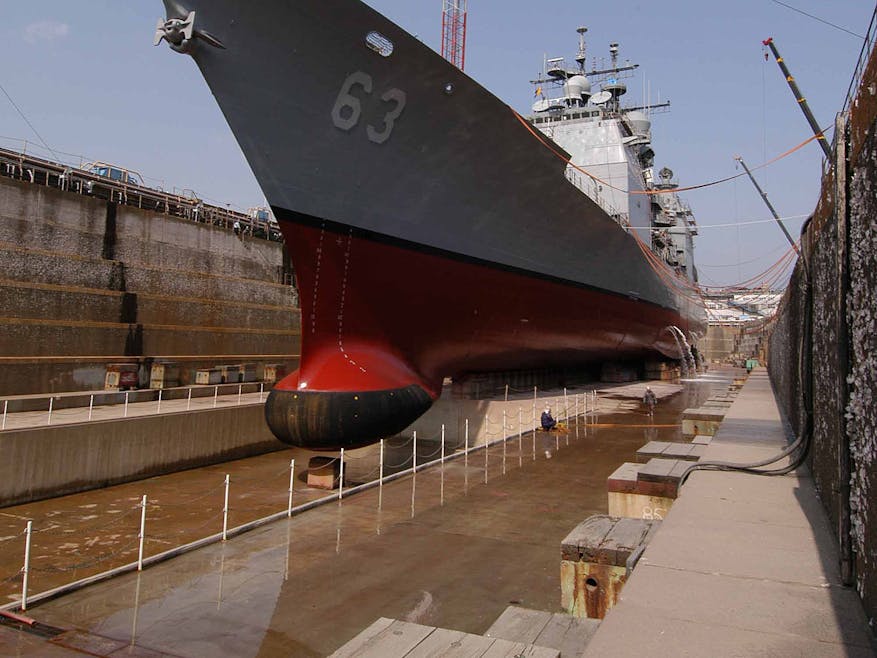
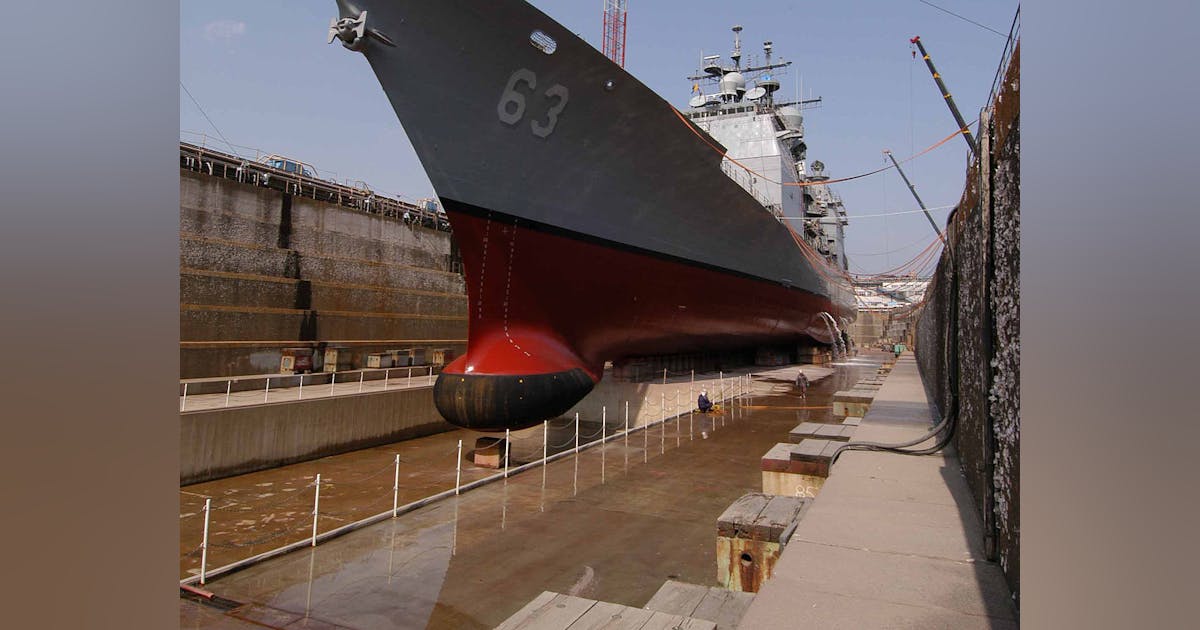
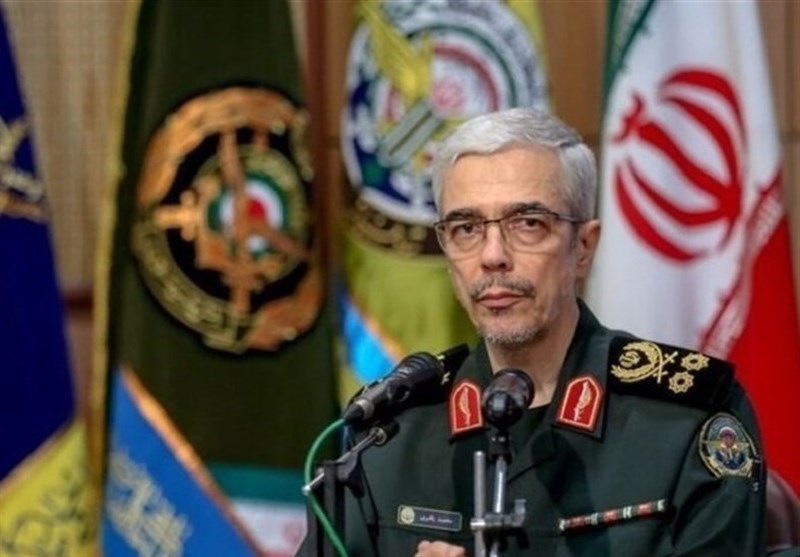
Yes, Iran has become a serious military power, not denying this. A number of countries have serious military power. But US is at the top for a reason.Iran is definitely a serious military power in current times, although I would not use the term superpower.
A status resulting mainly from Iran's ability to project forces regionally in cooperation with allied paramilitary formations, as well as from Iran's ability to sufficiently withstand and thereby deter all out aggression against her territory by any foe, thanks to Iran's ability to decisively reduce the cost-effectiveness of such an undertaking.
So it depends on what kind of conflict is being considered. The Iranian military isn't tailored for offensive war of conquest nor for power projection beyond the region for example. For the formerly mentioned two types of situations however, Iran is definitely up there.
In a way yes, given that Iran as a state is several milennia old whilst the USA has only existed for some two and a half centuries.
Take a good look at Ukraine - Russia war to understand why Iranian model of war will not work.Yes, as discussed above.
Yes.
US has not even tried, obviously.None of that has helped Washington's efforts to bring Iran to her knees, obviously.
To do what was done in Iraq, if necessary.To what end? Conflicts are waged exclusively with the aim of meeting underlying political objectives, as shown by von Clausewitz.
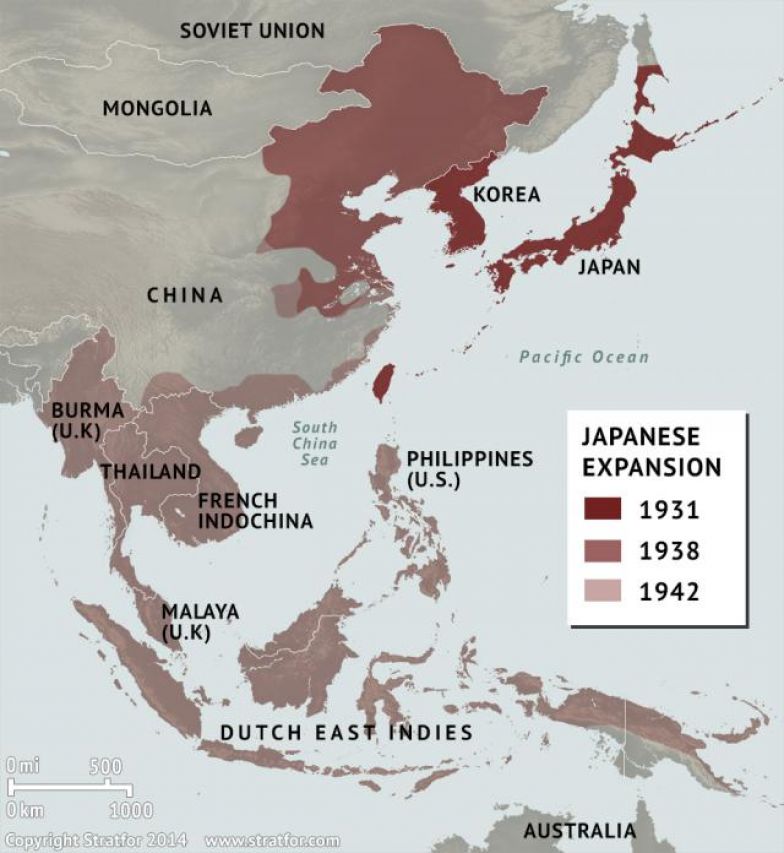
Does not change the fact that US can defeat Iran in war.It would be nothing like the 1991 war on Iraq though.
OTH radars cannot be destroyed? This was the first thing that US destroyed in Operation Desert Storm.Iran is equipped with multiple OTH radars and more to provide early warning.
The Iranian stockpile of defensive munitions employable against cruise missiles exceeds 616 by a huge margin.
So what? Show me an Iranian air defense system that has shot down a sophisticated cruise missiles.They would have to fly far into Iran's AD umbrella to target assets all over Iran's vast territory (three times that of Iraq).
See above.Addressed above.
Based on? These are ballistic missiles or bullets? What are the statistics of Iranian ballistic missiles including launchers for each type? Russia could not demonstrate this level of firepower in Ukraine in spite of having a large stockpile of ballistic missiles.We are also looking at up to thousands of ballistic missiles raining down on potentially every USA military installation in reach, and there are many of those in the vicinity.
US has fought World Wars before. Iran does not require a huge amount of resources to tackle.They bring over too much of that, they'll leave open flanks. Which rivals such as China and Russia will be happy to exploit.
Recheck video marked as (1) above. Underground complexes this deep can be turned into tombs.They'd need to quasi overfly their targets. Also Iranian underground facilities are reinforced by mountainous granite rock. Buried up to 500 meters (>1640 feet) deep. Nuclear weapons would have to be used to destroy them, a politically hazardous choice.
With exaggerated claims and lack of evidence...You have posted often on American weapons. And Iranian users have addressed it too.
Do you have any idea how many surveillance assets US can commit to a conflict zone? US can detect missile launch plumes using the Defense Support Program (DSP) and Space Based Infrared System (SBIRS) satellites.This doesn't mean everything will be successfully detected and tracked. The ability to disguise various TEL's as civilian trucks, of which there are tens of thousands, further complicates things for the aggressor.
 missilethreat.csis.org
missilethreat.csis.org
US does not provide all manner of surveillance support to any ally - this level of capability is reserved for US forces only.I see no particular reason why the USA would withhold systematic assistance in this field.

 www.arabnews.pk
www.arabnews.pk
Cuba brought USSR at the doorstep of US in 1962 - this was sufficient level of provocation and reason to intervene and reshape its political landscape from American standpoint at the time. But USSR negotiated a deal with Kennedy administration to spare Cuba in exchange for withdrawal of its forces from Cuba. Fidel Castro respected President Kennedy for this reason and more.Cuba is not considered a major threat by the zionist regime, whose lobbies play a major role in shaping Washington's policy in West Asia.
Cuba has little influence in her immediate neighborhood and poses therefore no significant challenge to American hegemony.
On a sidenote, the USA regime tried to invade Cuba using proxies once, it failed miserably. So did numerous CIA assassination attempts against Fidel Castro. And prior to 1991 Cuba was under the protection of the USSR.
North Korea was testing ballistic missiles and nuclear bombs at the time - set a new record in the process. Kim Jong-un exchanged harsh words with Donald Trump as well.Threatening is one thing, mustering the courage to 'destroy' a nuclear armed country, which would probably have resulted in retaliatory obliteration of either Seoul or Tokyo in a thermonuclear blast with several millions of victims, an entirely different one.
Causing millions to die unnecessarily on a whim under blatantly unprovoked aggression in peacetime, is not something Trump would have gotten away this easily, even in a questionable environment such as the USA establishment.

I am not asserting that neocons are innocent in this matter. I pointed out a fact that Iraqi defectors and exiles have a hand in building a case against Saddam regime and reaching out to Bush administration to act. This was a behind-the-scenes development and came to light at a later stage.Excuse invoked once the fiasco behind the illegal invasion of Iraq became known to the public at large.
Case in point, USA foreign minister Rumsfeld had set up a special office which was feeding false information to other institutions about non-existing Iraqi WMD, including through "testimonies" of bogus witnesses such as one going by the pseudonym "Curveball".
September/October 2006 Issue
Lie by Lie: A Timeline of How We Got Into Iraq
Mushroom clouds, duct tape, Judy Miller, Curveball. Recalling how Americans were sold a bogus case for invasion.
https://www.motherjones.com/politics/2011/12/leadup-iraq-war-timeline/
Therefore Washington hadn't been misled by anyone, they knew perfectly what they were doing since they themselves were busy making such stories up (the notion that some obscure, second tier Iraqi dissident could have single-handedly fooled the entire USA intelligence apparatus and political system is unrealistically far fetched onto itself).

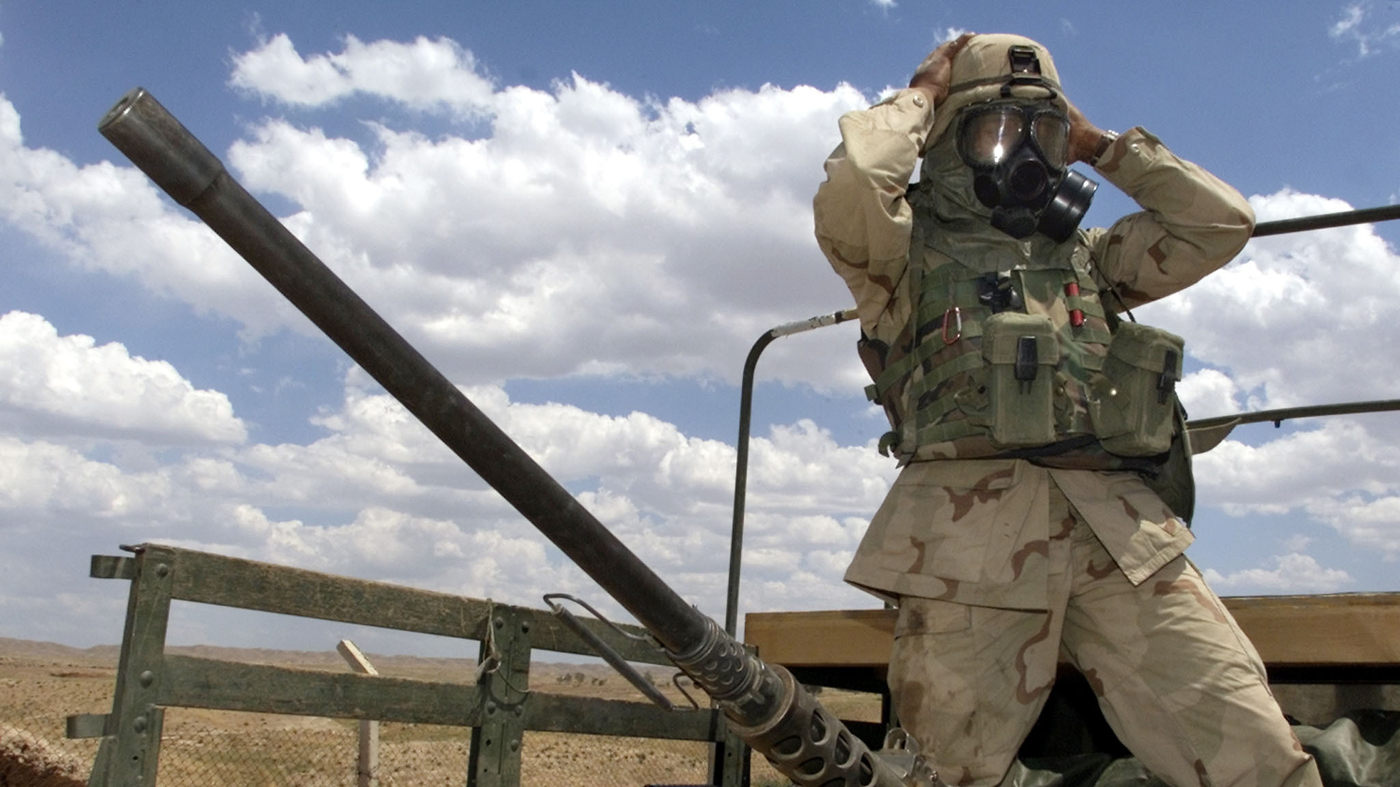
Look - Iran wasn't deemed a significant threat to American interests in the 1980s - not to the extent to call for invasion and regime change in the country at the time. But US was not on good terms with Iran either at the time - US would not have stopped Iraq from fighting a war with Iran due to this factor. US made sure that Iraq would be able to sustain a prolonged war with Iran in view of the Iranian military capability and level of motivation to fight a war.The Reagan regime had no sympathies for Iran.
Hence why it backed Saddam in his war of aggression against Iran, including by directly entering the conflict on Iraq's side in 1988.

So you're telling me the USA regime could easily invade and defeat Iran, but that two comparatively small scale insurgencies were enough for Washington to backtrack?
Iran would have been and is capable of inflicting much greater pain on the Americans. Which confirms that Iranian deterrence power is what averted such an attack. QED.
Sure, bro. If this makes you content and happy.I'm not shocked, Obama like Bush understood there's no cost-effective enough military option against Iran.
Fools rush to war - smart decision makers wait for the right time and draw a better plan, if necessary.Ah so four years in office are not enough to launch a war? This isn't luck, it's the opposing party's refusal to attack.
Recovery took time. You have a habit of making irrational claims instead of understanding how things work.Iranian enrichment capability and technology kept improving. Stuxnet didn't prevent any of it.
Iran should try some more and see how it goes.Inconsequential. Did not decrease Iranian power and influence, did not destabilize the Iranian government.
Why won't the USA regime take a measure that will have such a decisive impact, for a change?
Very.Attacks on Iranian troops in Syria are very scarce. Iran continues to arm HezbAllah, has gained unprecedented presence on the ground in Syria, Iran continues to position forces along the border with Occupied Golan, another novelty zionist haven't been capable of reversing.
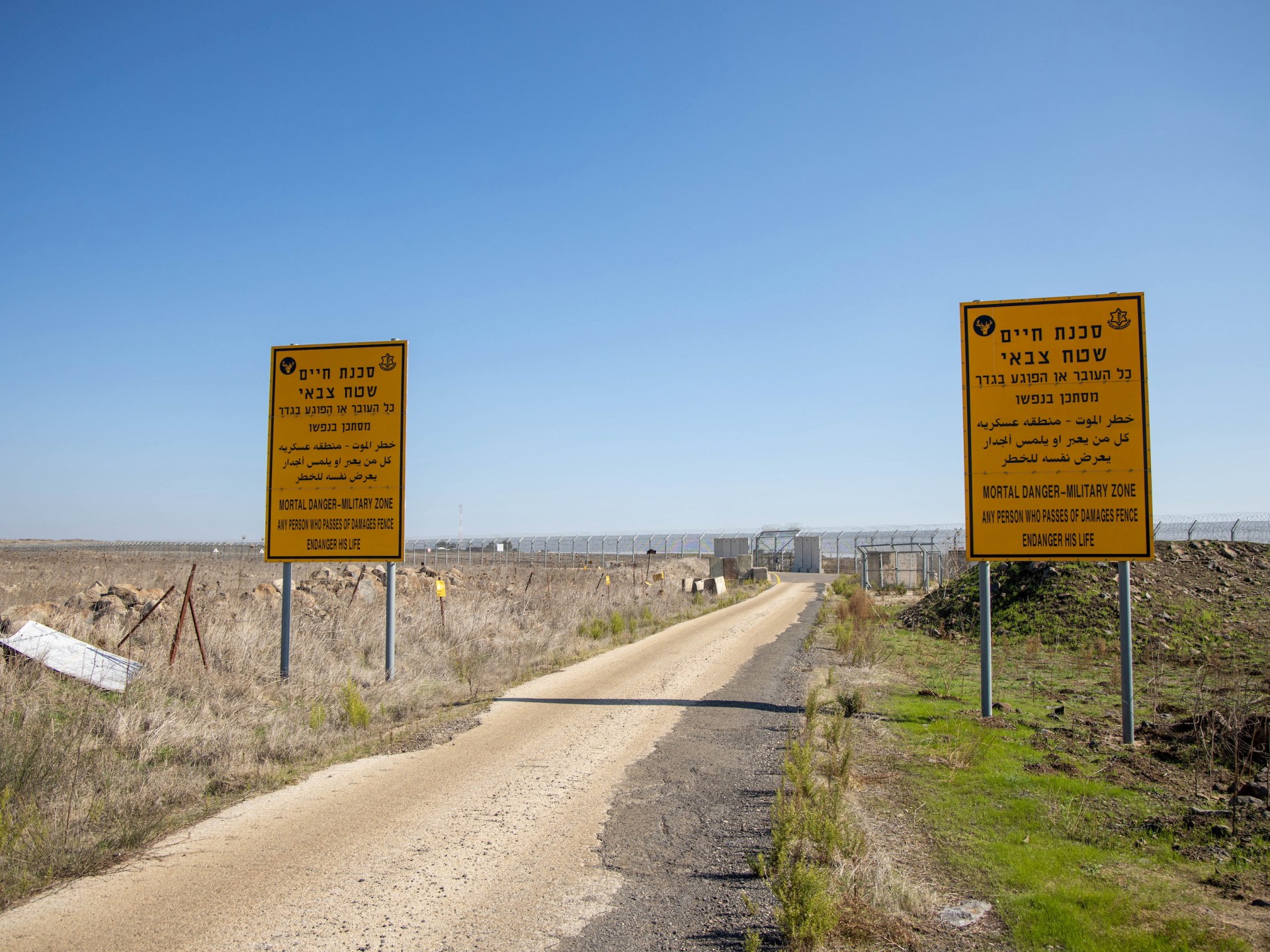
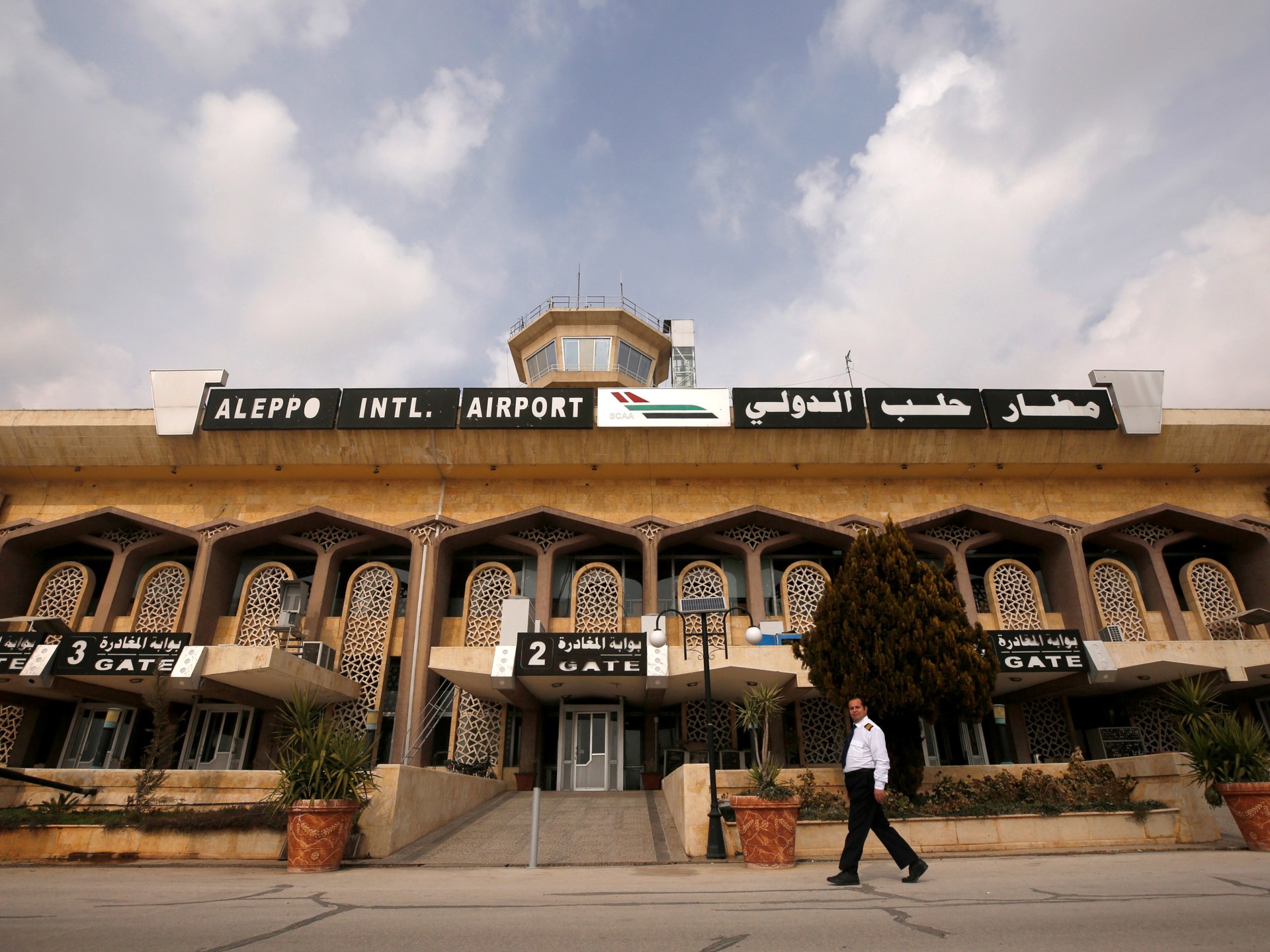
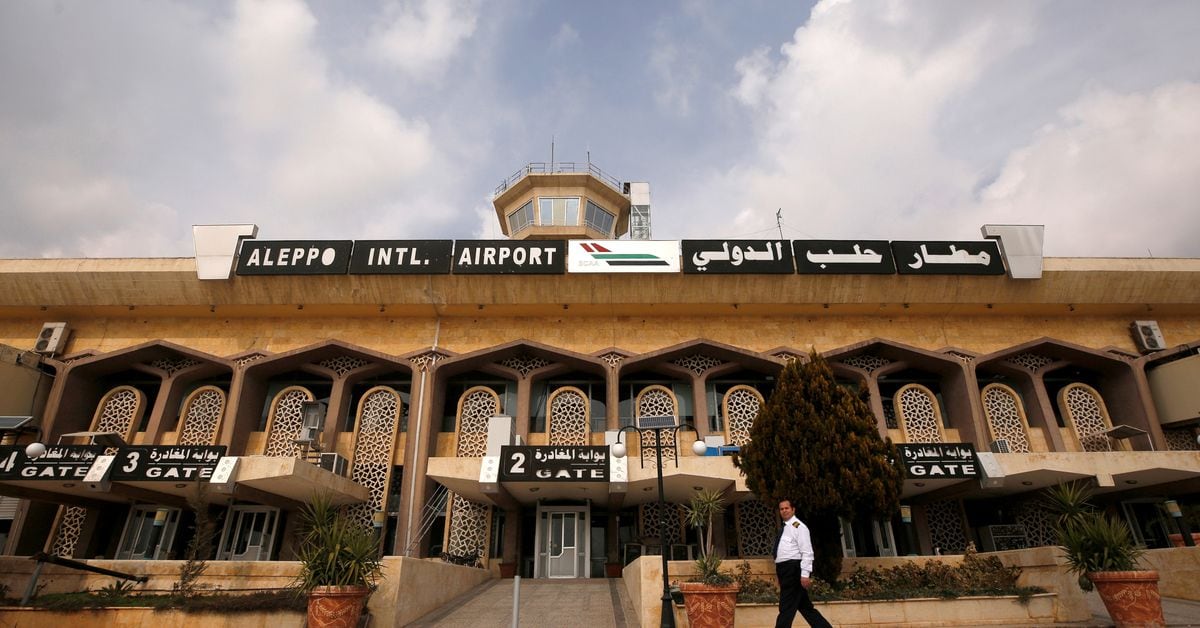
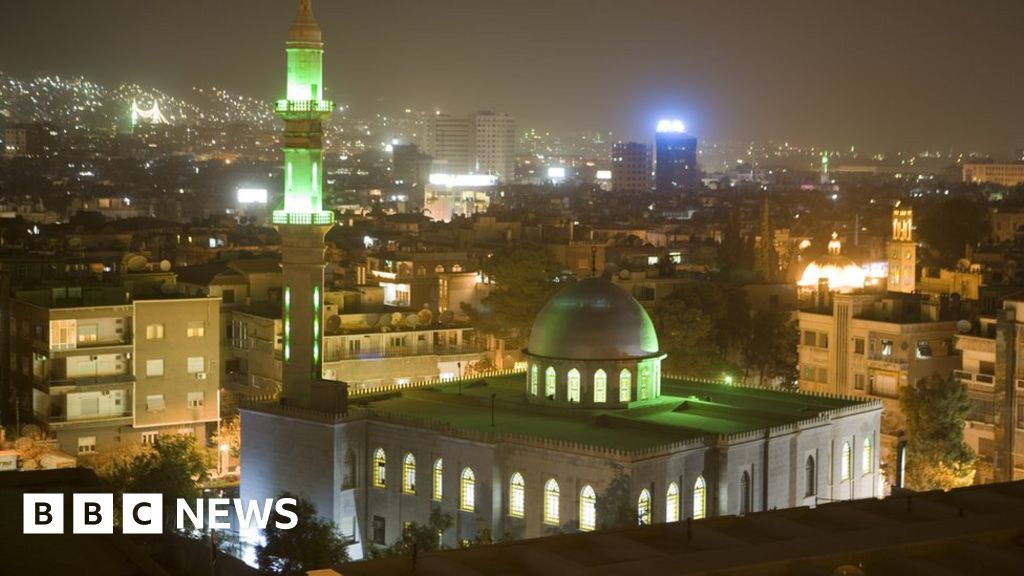
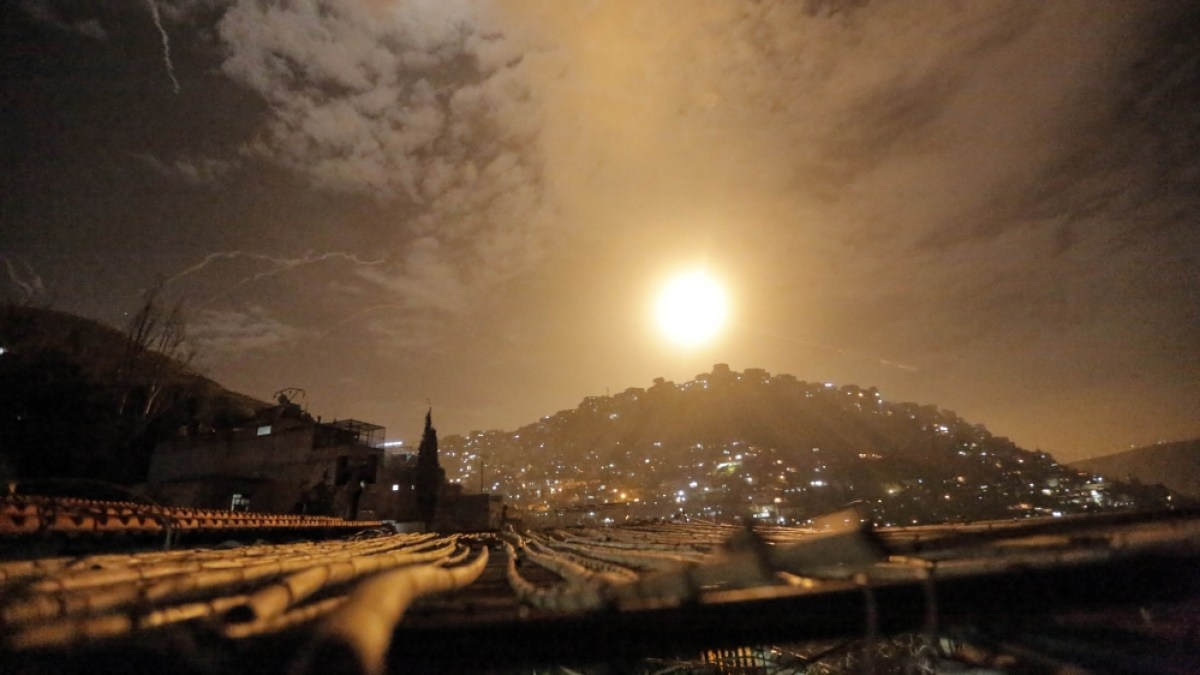
Best of luck. I will not comment on this matter.So does Iran's nuclear program. Ditto other Iranian research efforts.
Absolutely.American inability to stomach the expected costs of full fledged war with Iran continues to prevent use of decisive military options.
Easy for you to make this claim but Iraqi military advances looked good enough at the time. Iraqi military capability had exceeded that of Vietnam at the time where US was assumed to be defeated.Adopt a fundamentally asymmetric doctrine and force structure far better suited to resist the American onslaught.
American power was aptly demonstrated in Operation Desert Storm. Most of the observers were shocked to see that US-led forces had defeated one of the strongest countries of the time with minimum losses in war. Chinese were shocked too. Chinese observers disclosed that application of Air Power was in Operation Desert Storm was 4 times more intense than in Vietnam War and 10 times more intense than in Korean War. Go figure.Too many accidents of calendar. If Washington thinks it can use military means to neutralize an adversary it is seeking to neutralize, then it will not wait for >44 years.
Iraq has oil and could repay its debt slowly if it wanted to but having a big stick was more tempting to use.Iraq also ruined itself with that war, which had been funded by the PGCC sultanates. PGCC refusal to forego the colossal accumulated Iraqi debt was one of Saddam's main motivations for invading Kuwait.
Furthermore, those multiple countries which supported Saddam against Iran ended up ditching him once his usefulness expired - including by citing against him an act his regime had committed during that exact same conflict (the chemical bombing of the Kurdish-populated village of Halabja, one of the charges which ultimately got him hanged). Governments that operated a u-turn on Baghdad included even the USSR, which participated in the 1991 war on Iraq.
In short, Saddam was played, badly. He should have known better.
Also Iran is not going to invade any of her neighbors.
All regional powers are susceptible to be played. Iran is not being instrumentalized and not realizing it? Who benefits from using Iran as a pawn in Cold War? I stress on the importance of having a sound foreign policy in which you do not treat any side as holy but work with all sides to your benefit when it suits you.Same as above. Iraq was instrumentalized and was not realizing it. Which contributed to its demise.
Iraq used its Air Power to struck a large number of ships that were found to be carrying Iranian supplies.Iraq does not wield the option of undermining global energy supplies as a defensive measure. To do that one needs to straddle the narrow chokepoint at the Strait of Hormoz similar to Iran.
How many are deterred to be honest?This did not provide Iraq with the types of armed allies Iran is endowed with, a feature contributing to Iranian deterrence power.
Iranian nuclear program is more survivable - true.The same Isra"el" which failed to replicate such an operation in Iran, because Iran is a different ballgame, in addition to being intelligent enough not to concentrate her nuclear program at one spot, a relatively easily attackable one to boot.
Result's the same at any rate, Iraq was deprived of a latent nuclear break out capability but Iran isn't, something which will make any potential aggressor think twice.
More than half of the population is composed of women, elderly, and children in like any society.Iran being thrice the size of Iraq and having almost five times the population Iraq had in 1991, it does make a difference to potential aggressors.
I am not sure but those who are poor or lacking in rights, will lack in motivation as well.Let war happen and see how quickly protesters will side with the motherland.
Had a cursory look at the full RUSI report, but unless I missed something I am not finding any reference to their sources, which would be troubling for a report like this.
In particular am I not seeing any Russian official quoted to that effect. My objection stands.

Iran survived eight years of war at a time when her economic development and self-sufficiency amounted to but a small fraction of what they are now - this is while Iranian oil exports were often impeded and while Iran did not resort to foreign loans like Iraq.
Also Iran will surely benefit from Moscow and Beijing's support under such conditions, Russia not being short of essential commodities such as grain. Both these countries can supply Iran freely through the Caspian Sea, with NATO unable to cut off the flow.

 www.economicshelp.org
www.economicshelp.org
You conveniently overlooked the details of why Reagen administration ruled out the possibility to invade Iran in the 1980s.I believe I have demonstrated my point in this and previous posts.
Good then.Won't happen though.
You have a point in this case but your approach is not helping either - this matter is discussed above so I do not feel the need to repeat myself at this stage.Except that Iran has been tackling the issue in a more astute manner than Arab governments between 1949 and the 1980's. First major difference being, again, Iran's asymmetric approach. Whereas Egypt and its allies during the Arab-Isra"el"i wars tried to match the zionists on the latter's strong points and thus they established a classic military force.
Also and as oft repeated, the Islamic Republic is not going to initiate an inter-state conflict. She will only defend from aggression and lend support to liberation movements. Moslems have a duty to stand together in solidarity particularly in situations of adversity. While this may take on different forms, Iran cannot be faulted for assisting the oppressed people of Palestine, quite the contrary.
Are you sure?Iranian foreign policy isn't driven by misconceived eschatological interpretations à la "I"SIS.
Active messianism in Iran is understood as a permanent effort to improve oneself and to enjoin virtue. Not as a green light for trigger happiness nor for starting apocalyptic wars.
You have a funny take on these matters.in what video game?
sure- 3rd world Afghanistan wiped NATO's butt after 20+ years and NATO RAN away, 3rd world HEzbollah and Hamas have beaten the Israeli military within the past 2 decades- willpower ultimately wins wars, not military technology- now NATO countries dont wnt to talk about the Ukraine war in their media despite Russia being another "3rd rate technology country"..what happened? LOOOOL.
